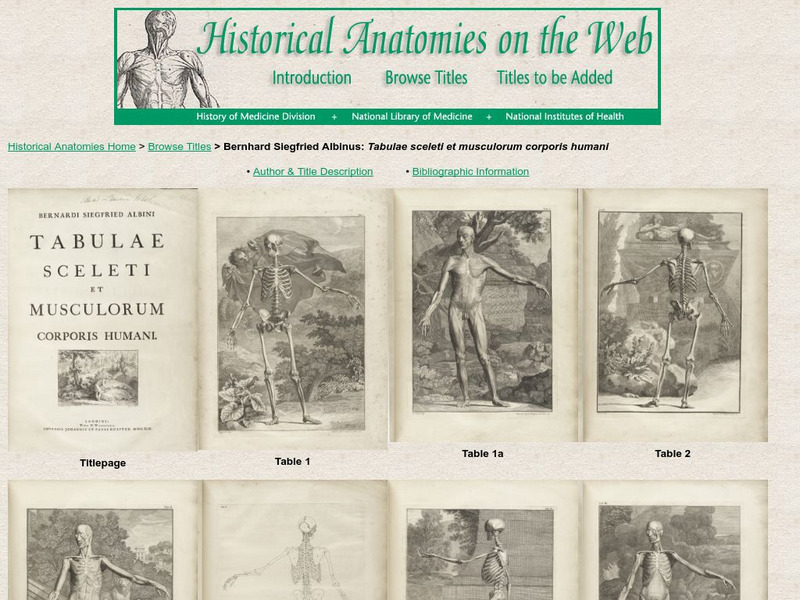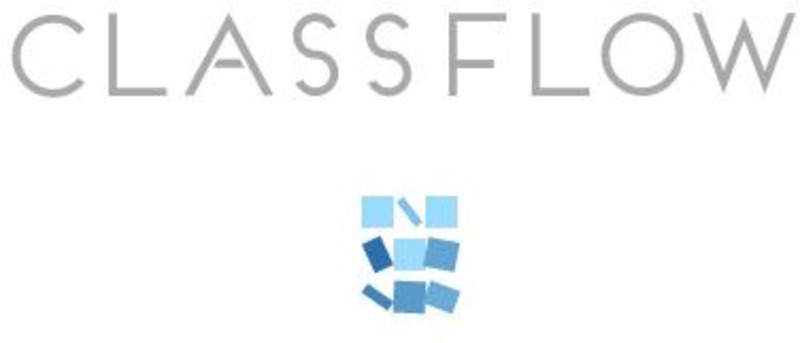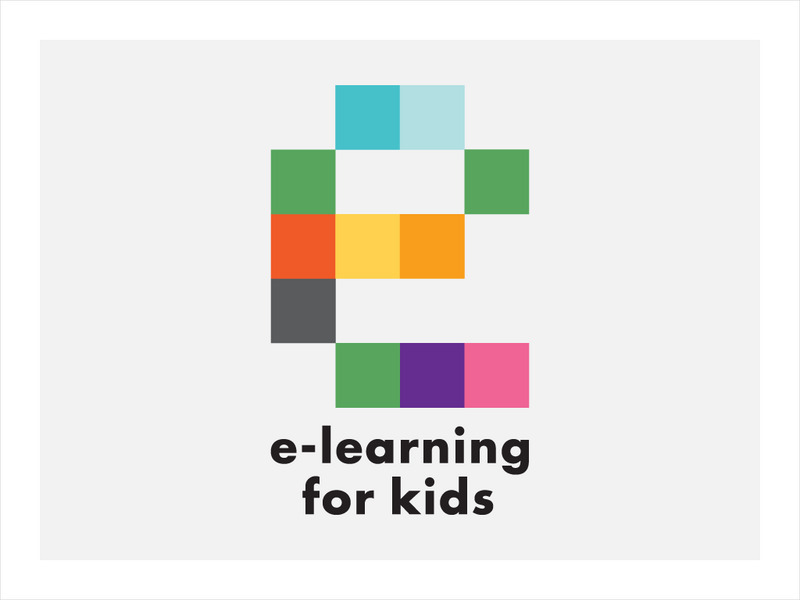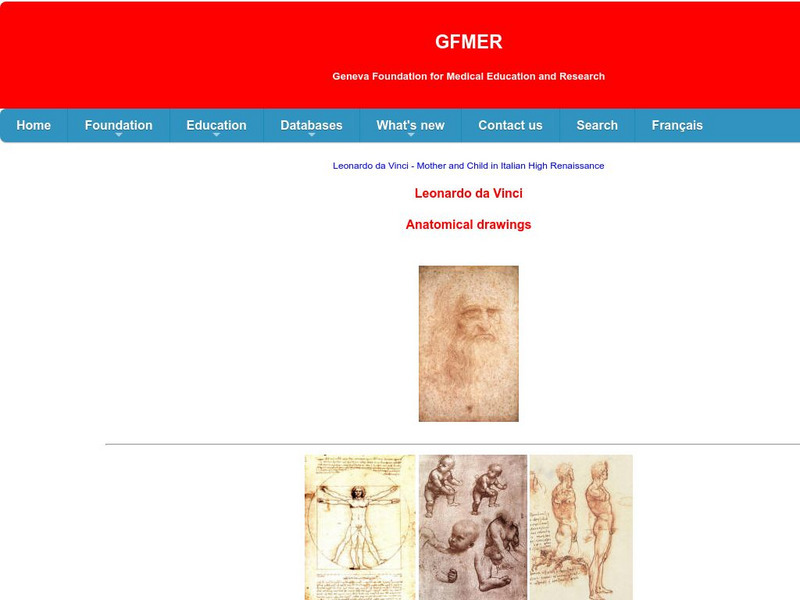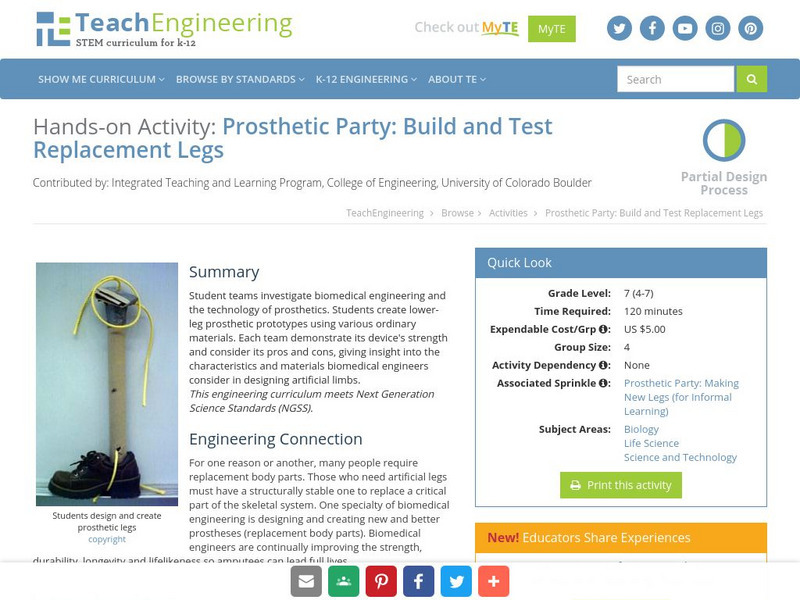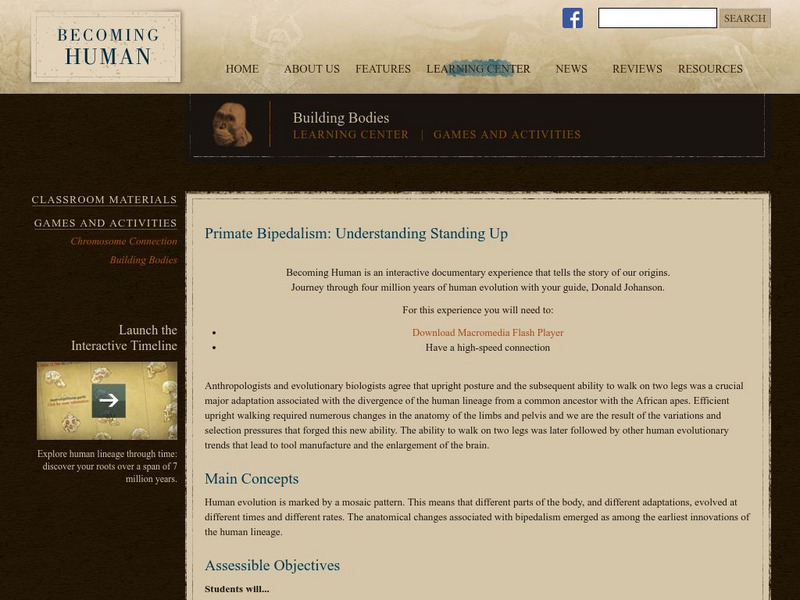Hi, what do you want to do?
TED Talks
Ted: Ted Ed: Gravity and the Human Body
Our bodies function necessarily under the presence of gravity; how blood pumps, a sense of balance and bone growth are all due to life in a world where gravity is an inescapable reality. Armed with experiments from neuroscientists David...
OpenStax
Open Stax: Forces and Torques in Muscles and Joints
From a chapter on Statics and Torque in a Physics textbook. This section of the chapter provides an in-depth discussion of forces and torque in the human body. We learn about muscular force, the importance of posture in preventing back...
eSkeletons
E Skeletons: Human
Studying the skeletal parts of a human? Click on various parts of the human skeleton and proceed to select the items to view in detail.
ClassFlow
Class Flow: Human Skeleton
[Free Registration/Login Required] This flipchart simply explores the names of the bones in the human body.
Educaplus (Jesús Peñas Cano)
Educaplus: El Sistema Oseo Test [In Spanish]
Test your knowledge of major bones of the human body.
Educaplus (Jesús Peñas Cano)
Educaplus: El Sistema Oseo [In Spanish]
Learn the names of major bones of the human body.
Alabama Learning Exchange
Alex: Bone Up!
In this lesson plan students will learn the basics about the skeletal system. They will be able to identify the major bones of the human body and explain the functions of the skeletal system. The students will have the opportunity to...
Mocomi & Anibrain Digital Technologies
Mocomi: Human Body Joints and Movements
Discover what enables movement in human beings while learning about the different types of joints.
Inner Body
Innerbody: Interactive Skeletal System (Posterior View)
This site has a skeleton with points to click on. Each click brings up information on that bone in a separate window. If the windows are resized next to each other, it's point, click, and read.
CK-12 Foundation
Ck 12: Life Science: Human Skeletal System
[Free Registration/Login may be required to access all resource tools.] How important is your skeleton? Can you imagine your body without it? You would be a wobbly pile of muscle and internal organs, and you would not be able to move....
Biology Corner
Biology Corner: Anatomy: Skeletal System: Flash Cards
Printable collection of drawings of bones in the human body, suitable for testing knowledge of particular structures.
National Institutes of Health
National Library of Medicine: Historical Anatomies of the Web: Albinus, Bernhard
Images from the 18th century anatomy text, "Tabulae sceleti et musculorum corporis humani" by Bernhard Siegfried Albinus. There are drawings of individual bones, skeletons and musculature. The text on the images is in Latin. Title and...
TeachEngineering
Teach Engineering: Fascinating Friction!
In this activity, students use wood, wax paper and oil to investigate the importance of lubrication between materials and to understand the concept of friction. Using wax paper and oil placed between pieces of wood, the function of...
Other
Dr. Saul: Biology in Motion
This interactive site provides animations and activities in several areas of physiology. The images are simple, but clear. The accompanying text provides a good description of the process being shown.
ClassFlow
Class Flow: Anatomy, Appendicular Skeleton
[Free Registration/Login Required] This flipchart presents the names of the bones in the human body. It includes an activity in which students label the bones after they have studied them.
Inner Body
Innerbody: Skeletal System
This site has a skeleton with points to click on. Each click brings up information on that part in a separate window. If the windows are resized next to each other, it's point, click, and read.
TeachEngineering
Teach Engineering: Our Amazing Skeleton
This lesson covers the topic of human bones and joints. Students learn about the skeleton, the number of and types of bones in the body, and how outer space affects astronauts' bones. Students also learn how to take care of their bones...
E-learning for Kids
E Learning for Kids: Science: Diving School: How Do We Move?
Mariven lives in Barbados. He is going on a diving adventure to learn all about bones and muscles of the human body.
Other
Da Vinci's Anatomical Drawings
The Geneva Foundation for Medical Education displays a collection of Leonardo's sketches and studies of the human body, internal organs, bones, and an infant in utero. An excellent site for comparing the characteristics of art and...
TeachEngineering
Teach Engineering: Forced to Fracture
Young scholars learn how forces affect the human skeletal system through fractures, and why certain bones are more likely to break than others depending on their design and use in the body. They learn how engineers and doctors...
Other
Chiro web.com: Medial Collateral Ligament Sprain
This is an in-depth look at sprains of the Medial Collateral Ligament, the ligament located on the innermost part of the knee which connects the bones of the leg and offers stability to the knee.
TeachEngineering
Teach Engineering: Prosthetic Party
Student teams investigate biomedical engineering and the technology of prosthetics. Students create a model prosthetic lower leg using various materials. Each team demonstrate its prosthesis' strength and consider its pros and cons,...
Other
Institute of Human Origins: Classifying Life
In this exercise you will build two skeletons, one of an ape and one of a modern human being. The bones have been completely mixed up so its up to you to find the right fit. In this exercise you will learn about the unique...








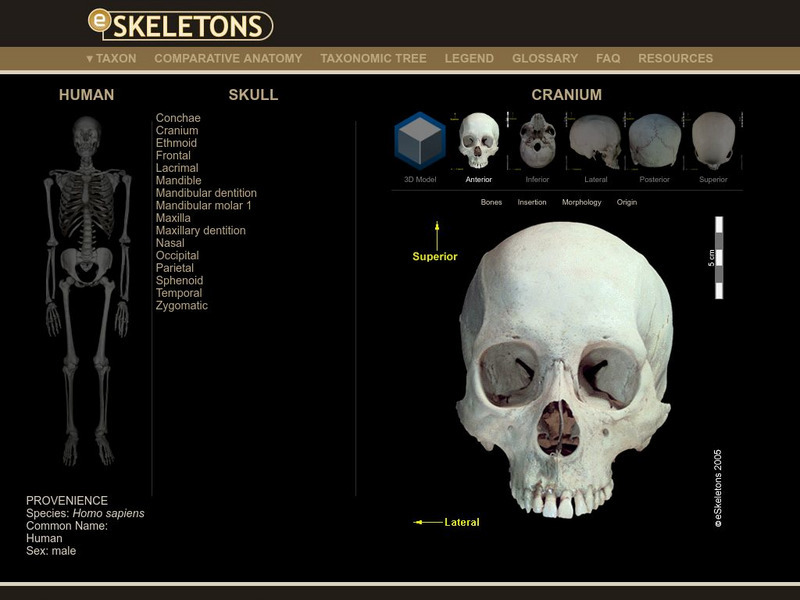
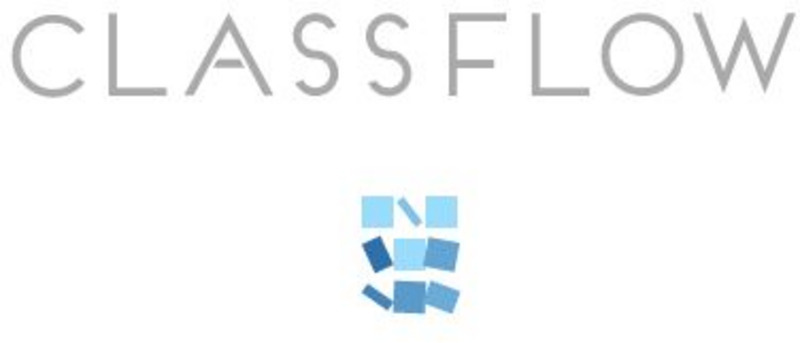
![Educaplus: El Sistema Oseo Test [In Spanish] PPT Educaplus: El Sistema Oseo Test [In Spanish] PPT](https://content.lessonplanet.com/knovation/original/438789-f160fca94c3dd5fbc05608adc48b30c0.jpg?1661803960)
![Educaplus: El Sistema Oseo [In Spanish] Activity Educaplus: El Sistema Oseo [In Spanish] Activity](https://content.lessonplanet.com/knovation/original/438673-f7108b0ca9c99c2a45f79c7efd0ffb95.jpg?1661803959)




